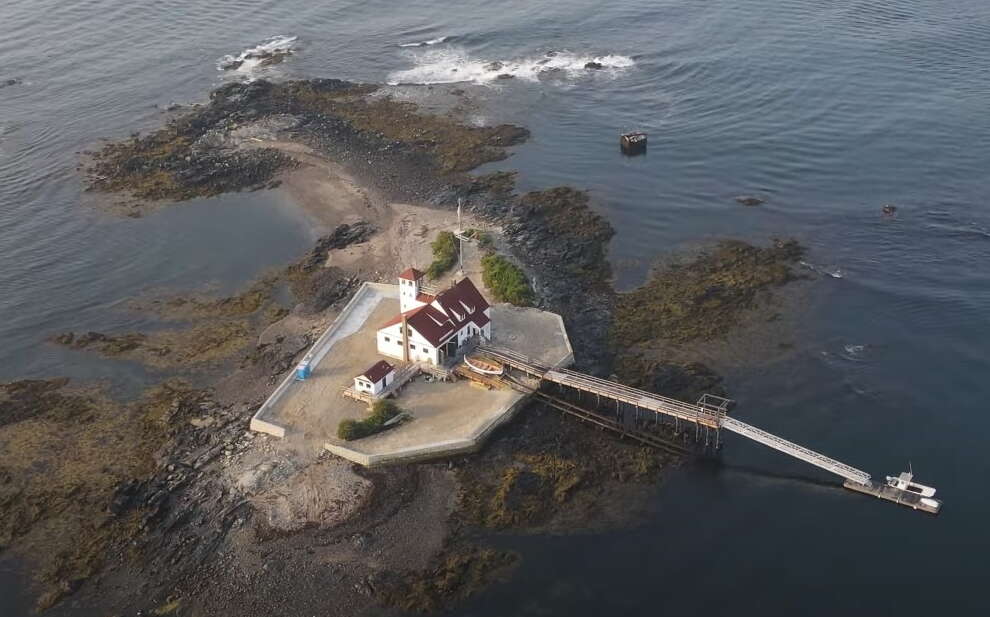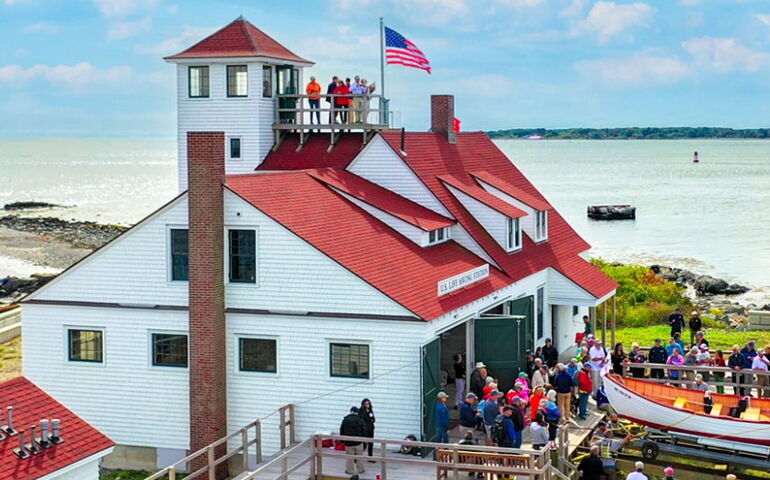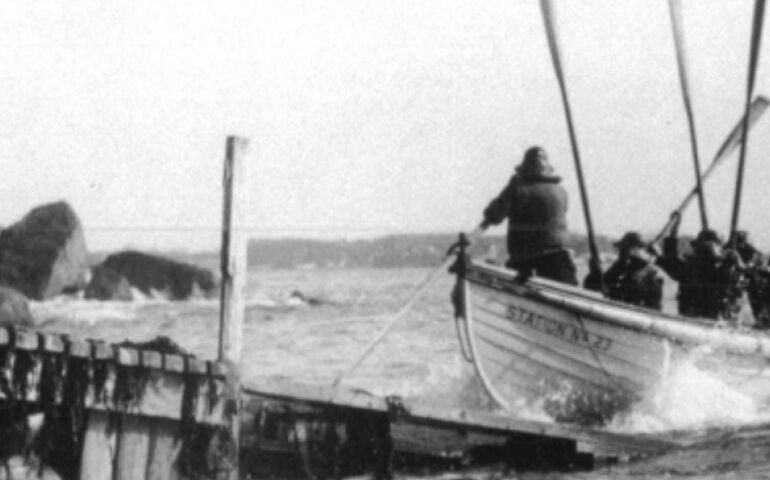
Processing Your Payment
Please do not leave this page until complete. This can take a few moments.
- News
-
Editions
-
- Lists
-
Viewpoints
-
Our Events
-
Event Info
- Women's Leadership Forum 2025
- On the Road with Mainebiz in Bethel
- Health Care Forum 2025
- On The Road with Mainebiz in Greenville
- On The Road with Mainebiz in Waterville
- Small Business Forum 2025
- Outstanding Women in Business Reception 2025
- On The Road with Mainebiz in Bath
- 60 Ideas in 60 Minutes Portland 2025
- 40 Under 40 Awards Reception 2025
- On The Road with Mainebiz in Lewiston / Auburn
- 60 Ideas in 60 Minutes Bangor 2025
Award Honorees
- 2025 Business Leaders of the Year
- 2024 Women to Watch Honorees
- 2024 Business Leaders of the Year
- 2023 NextUp: 40 Under 40 Honorees
- 2023 Women to Watch Honorees
- 2023 Business Leaders of the Year
- 2022 NextUp: 40 Under 40 Honorees
- 2022 Women to Watch Honorees
- 2022 Business Leaders of the Year
-
-
Calendar
-
Biz Marketplace
- News
-
Editions
View Digital Editions
Biweekly Issues
- April 21, 2025 Edition
- April 7, 2025
- March 24, 2025
- March 10, 2025
- Feb. 24, 2025
- Feb. 10, 2025
- + More
Special Editions
- Lists
- Viewpoints
-
Our Events
Event Info
- View all Events
- Women's Leadership Forum 2025
- On the Road with Mainebiz in Bethel
- Health Care Forum 2025
- On The Road with Mainebiz in Greenville
- On The Road with Mainebiz in Waterville
- + More
Award Honorees
- 2025 Business Leaders of the Year
- 2024 Women to Watch Honorees
- 2024 Business Leaders of the Year
- 2023 NextUp: 40 Under 40 Honorees
- 2023 Women to Watch Honorees
- 2023 Business Leaders of the Year
- + More
- 2022 NextUp: 40 Under 40 Honorees
- 2022 Women to Watch Honorees
- 2022 Business Leaders of the Year
- Nomination Forms
- Calendar
- Biz Marketplace
After 8 years of restoration, Kittery life-saving station is Maine's newest museum
 Photo / Courtesy, WILSSA
The Wood Island Life Saving Station has opened a public museum showcasing the work of Maine's first seagoing first responders.
Photo / Courtesy, WILSSA
The Wood Island Life Saving Station has opened a public museum showcasing the work of Maine's first seagoing first responders.
 Photo / Courtesy, WILSSA
A photo of the Wood Island Life Saving Station shows its condition after years of neglect, before restoration began in 2016.
Photo / Courtesy, WILSSA
A photo of the Wood Island Life Saving Station shows its condition after years of neglect, before restoration began in 2016.
 Photo / Courtesy, WILSSA
An undated historical photo shows a U.S. Life Saving Service crew launching from the marine railway.
Photo / Courtesy, WILSSA
An undated historical photo shows a U.S. Life Saving Service crew launching from the marine railway.
More Information
Not far from the crowded beaches of York County, a very different kind of seaside attraction has just opened and is drawing visitors of its own.
The Wood Island Life Saving Station Museum, a quarter-mile off Kittery Point, is a 116-year-old, meticulously restored outpost of what was a forerunner to the Coast Guard. From here and other stations, the U.S. Life Saving Service once sent rescue crews, rowing open boats, to aid mariners in peril.
The Wood Island station continued that mission as part of the Coast Guard and later served as a seaboard observation post during World War II. Soon afterward, however, the Coast Guard moved out, the station was abandoned, and the property turned over to the town of Kittery.
At one point, Kittery considered demolishing it. But in 2009, a group of local volunteers began discussing how to restore and repurpose the station, and eventually worked out an agreement with the town to do so.
The volunteers formed a nonprofit in 2011, the Wood Island Life Saving Station Association, which so far has raised $6.8 million in donations. The money and in-kind support have enabled a top-to-bottom overhaul of the building. The work began in 2016, and has also included new infrastructure, a new pier and two giant new seawalls.
The goal is to preserve and find new use for a historical rarity — the Wood Island station is one of only a dozen in the U.S. that are still standing and open to the public.
The Wood Island structure is also the only one with a marine railway that can still launch rescue boats. It runs 200 feet from inside the station to the water's edge, passing over rocks and ledges and dropping 20 feet.
"What's nifty about our smart little museum is that it's fully operational," the association president, Sam Reid, told Mainebiz.
With a laugh, he added, "In other words, if something went wrong with some mariners off Wood Island, we could jump in our 1930s Coast Guard rescue boat and go to help them."

Last Friday, the association opened the doors to the station's museum, letting the public glimpse for the first time how Maine's first seagoing first responders worked and lived a century ago.
"That day, we sold out in 90 minutes!" said Reid. The museum, he believes, will have an economic ripple effect beyond ticket sales.
He's just as enthusiastic about the station's use as an event venue. Several local businesses and organizations have already expressed interest in the space, he said. And under its agreement with the town, WILSSA is looking to host public functions at the station.
"Yes, this is an interesting new business, but we're also trying to do something else here," Reid said. "We want Wood Island to be used to help other charities.
"That's just reflective of the brave surfmen who served here, and we absolutely respect that."
Meanwhile, the public is lining up for trips to the island aboard a local boat service, Portsmouth Harbor Cruises.
Tickets include museum admission and cost $30 per person. There are two trips each Friday, Saturday and Sunday, and room for 25 museum-goers on each trip.
The trips will continue until mid-October, Reid said. This weekend, they're sold out again.
'You don't have to come back'
From its establishment in 1878 to its 1915 merger into the Coast Guard, the U.S. Life Saving Service sent crews in open boats to come to the aid of mariners.
The brave "surfmen" did their jobs by a do-or-die code: "You have to go out, but you don’t have to come back."
For years, that motto unofficially guided the rescuers and their life-saving operations along U.S. coasts, including in Maine, Massachusetts, North Carolina and Florida. By 1899, USLSS regulations formally adopted the guidance, requiring personnel to attempt rescues "by every means possible at the crew’s disposal."
The requirement continued beyond 1915, when the Life Saving Service and the Treasury Department's Revenue Cutter Service merged to form the U.S. Coast Guard.
(For the entire 37-year life of the live-saving agency, its leader was Sumner Increase Kimball, a Treasury Department official who grew up in Sanford, graduated from Bowdoin College and served in the Maine Legislature.)
The Coast Guard retained the words and spirit of the Life Saving Service code in the USCG "Instructions for Coast Guard Stations," known as "the Blue Book" for its royal blue cover and published regularly until the 1940s.
Sources: "The Long Blue Line," published by the U.S. Coast Guard, April 8, 2022; USCG.mil; Mainebiz research










0 Comments